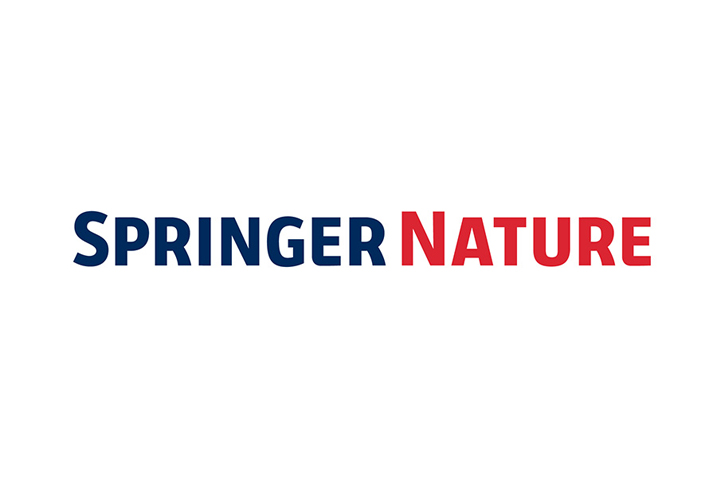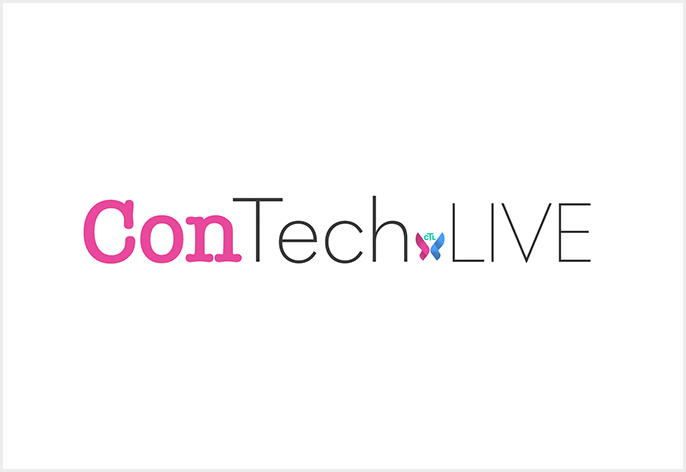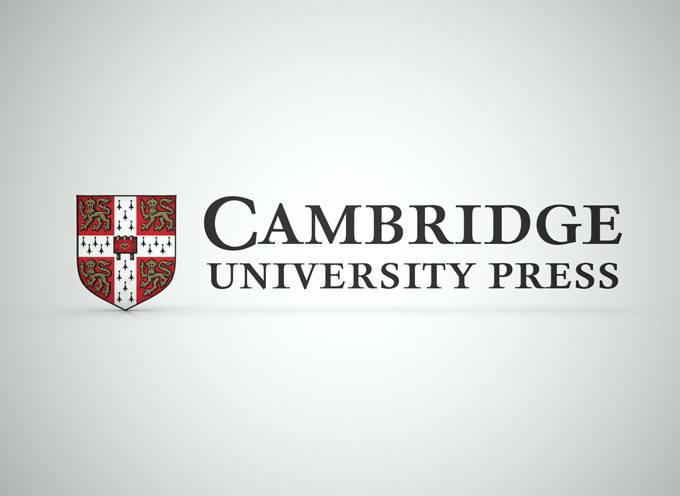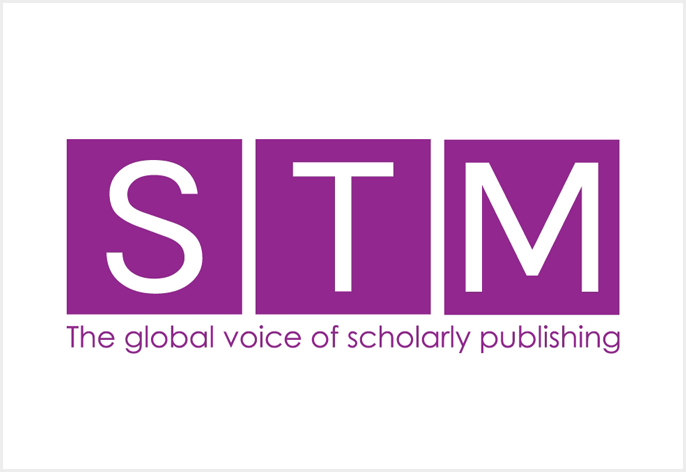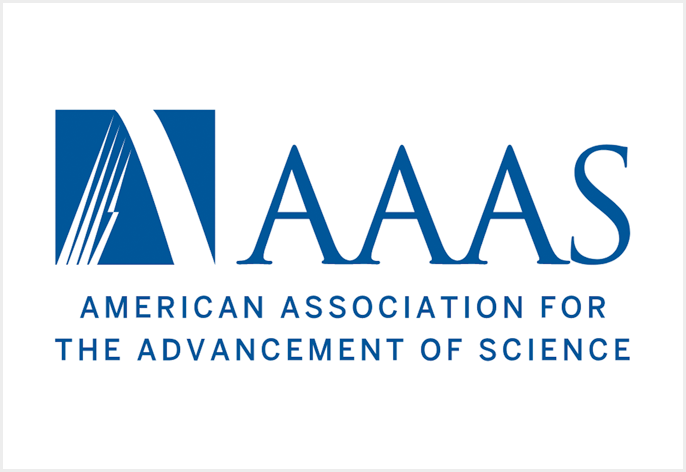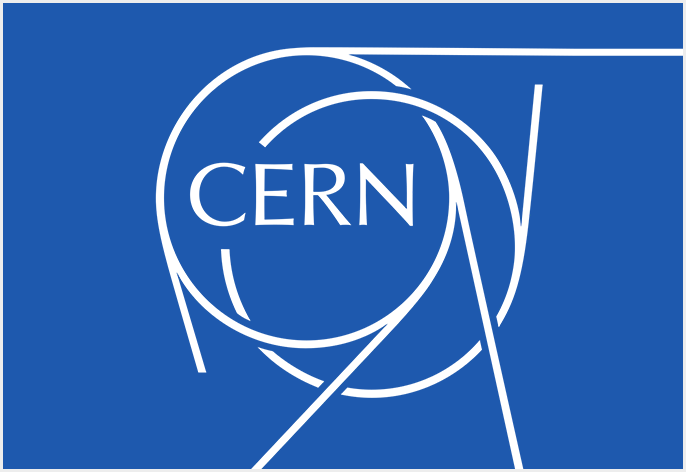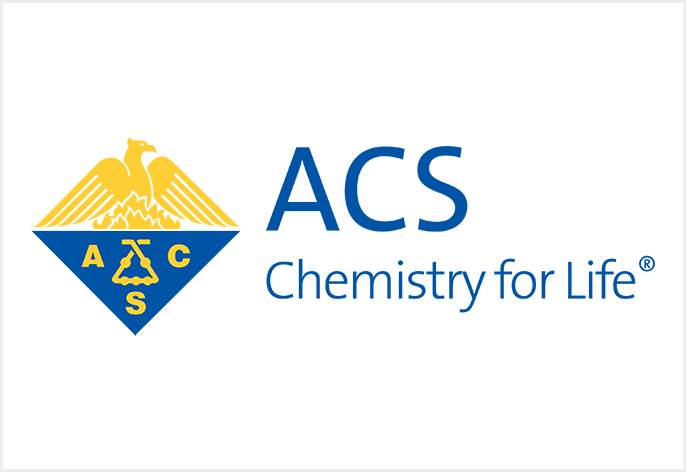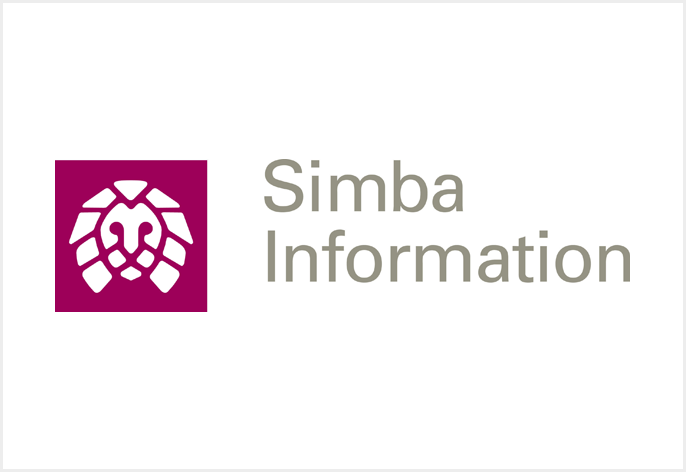ConTech Pharma 2023 (June 8th) features Eric Little, PhD, Industry Innovation Principal Director – Head of Strategy & Analytics at Accenture Life Sciences explaining how this is done.
Clinical trials data can be difficult to capture and effectively utilize for future decision-making activities, including finding the right patients, selecting appropriate sites, establishing cohorts, understanding valuable patterns and trends in the data (non-compliance, drop-out rates), and comparing data across different trials. This talk will show how Accenture is using semantics to integrate clinical data around standards in order to provide advanced types of search and analytics of clinical trials data. We call this engine Intelligence Everywhere. Utilizing advanced AI-based connectors, we will show how to find complex salient patterns across heterogeneous data sources using only metadata captured in various ontology models. Data can be queried from transactional as well as historical sources, across different formats (FHIR, SDTM, etc.) and patterns that are returned can be sent to powerful analytics engines to produce complex answers to clients’ most challenging questions. The engine comes pre-loaded with certain standard models and algorithms, all of which can be quickly and easily extended for a given client’s specific needs and use cases. We will briefly discuss how newly evolving generative-AI capabilities can be integrated as well, in order to provide a highly interactive system that can also manage data access, security, and limit current challenges around explainability of automated analysis.
This is just one of the latest sessions to confirm at ConTech Pharma 2023 taking place on 8th June. Come and hear how the world’s best minds in data science, digital healthcare and precision drug development are thinking about these types of challenges and taking effective action.
ConTech Pharma 2023 will be a 1-day hybrid event, taking place both online and at the Sheraton Skyline Hotel, London Heathrow. It will showcase the very latest thinking and help organisations to navigate this rapidly changing space. Our event includes a packed programme of expert speakers, plenty of networking and a cocktail reception for the in-person version.
Sign up today – go to https://www.contech.live/contech-pharma-2023 and learn more and book to get valuable early bird registration discounts. These discounts must end 4th May
With thanks to Elsevier – Main conference partner and Morressier, Gold sponsor
There are so many ways to become part of the ConTech community. Visit our website tofind out more about all of our events https://www.contechlive.com/





